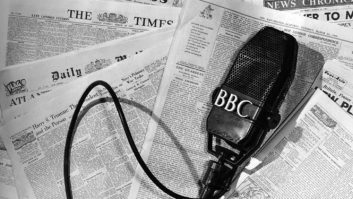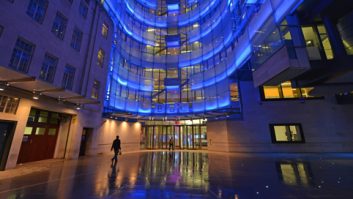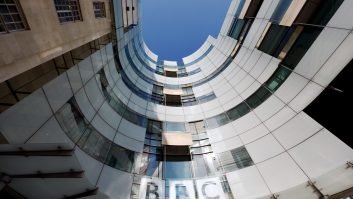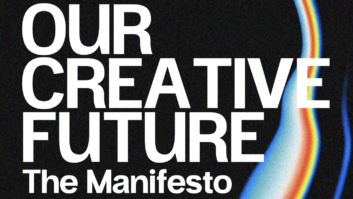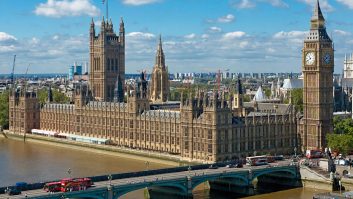The BBC faces further funding cuts after the UK government threatened to renege on the licence fee deal it announced in 2022.
Ministers struck a deal with the broadcaster in 2022 that froze the licence fee for two years, but would see it rise with inflation from April 2022, which would see each household pay £173.30 per year.
Now the government appears to be turning its back on that deal, which could lead to further cuts at the UK’s public broadcaster.
Culture secretary Lucy Frazer told BBC Radio 4’s Today show that the government would announce the new level of the license fee “very soon”.
Frazer added that the current forecast of a rise of around 9 per cent, or £15, is “a lot of money and that is one of the things that we are considering”.
“I would be very concerned that if we put it up significantly, even fewer people would be paying the license fee which would of course damage the BBC and its revenues,” added Frazer.
According to the Sunday Times, Frazer is considering using September’s consumer price index (CPI) rate of inflation to calculate the licence fee rise. That would work out as a £10.65 rise, meaning the licence fee would cost £169.65 per year.
Philippa Childs, head of the UK’s media and entertainment union Bectu, described Frazer’s comments as a “smokescreen” for a government that is “targeting the nation’s broadcaster, the catalyst for economic power in the creative industries, and the most influential brand for soft power on the global stage for political expediency as it grapples with these pressing issues.
“Saving households £1.25 a month won’t lift struggling Britons out of the cost-of-living crisis,” it added. “If the government wants to get real about supporting UK households, the recent Autumn Statement would have been a brilliant opportunity to do just that.”
